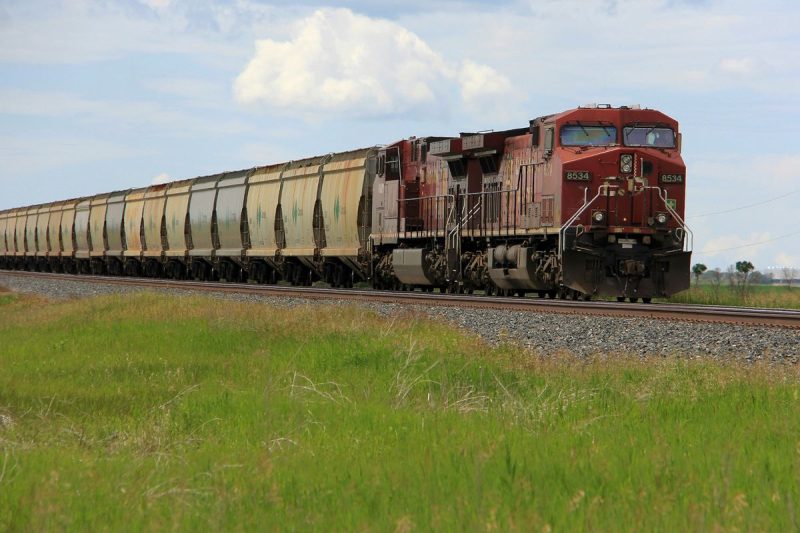In the midst of recent developments in the Canadian rail industry, Potash Corporation of Saskatchewan and oil companies have had their shipments halted due to a lockout of Canadian Pacific Railway workers. This lockout has led to significant disruptions in the transportation of essential goods, creating substantial challenges for both the companies and the Canadian economy.
Potash Corporation of Saskatchewan, one of the world’s largest fertilizer producers, relies heavily on rail transportation to deliver its products to customers both domestically and internationally. With the halt in rail shipments, the company is faced with delays in getting its products to market. This disruption could potentially impact agriculture sectors around the world that depend on potash for crop fertilization.
Similarly, oil companies that transport crude oil through the Canadian Pacific Railway are also facing significant setbacks. The transportation of crude oil is crucial for the oil industry, as it allows companies to deliver their products to refineries for processing and distribution. The halt in rail shipments has forced oil companies to find alternative means of transportation, which can be both costly and logistically challenging.
The lockout of Canadian Pacific Railway workers has not only affected Potash Corporation and oil companies but has also had broader implications for the Canadian economy. The transportation of potash and oil is essential for various industries, and disruptions in these shipments can have a ripple effect on businesses and consumers alike.
Amidst this challenging situation, it is crucial for all parties involved to find a swift resolution to the lockout. The Canadian rail industry plays a significant role in the transportation of goods across the country, and any prolonged disruptions can have far-reaching consequences. Finding a compromise that addresses the concerns of both the workers and the railway company is vital to ensure the seamless operation of the rail network.
The lockout of Canadian Pacific Railway workers and the subsequent halt in potash, oil, and metal shipments serve as a stark reminder of the importance of a functional rail system for the Canadian economy. It highlights the interconnectedness of various industries and the need for effective communication and cooperation to address challenges promptly.
In conclusion, the lockout of Canadian Pacific Railway workers has led to disruptions in the transportation of essential goods, impacting companies like Potash Corporation of Saskatchewan and oil producers. The implications of these disruptions extend beyond individual companies to the broader Canadian economy. Finding a resolution to the lockout is crucial to ensure the smooth operation of the rail network and minimize the negative effects on businesses and consumers.
